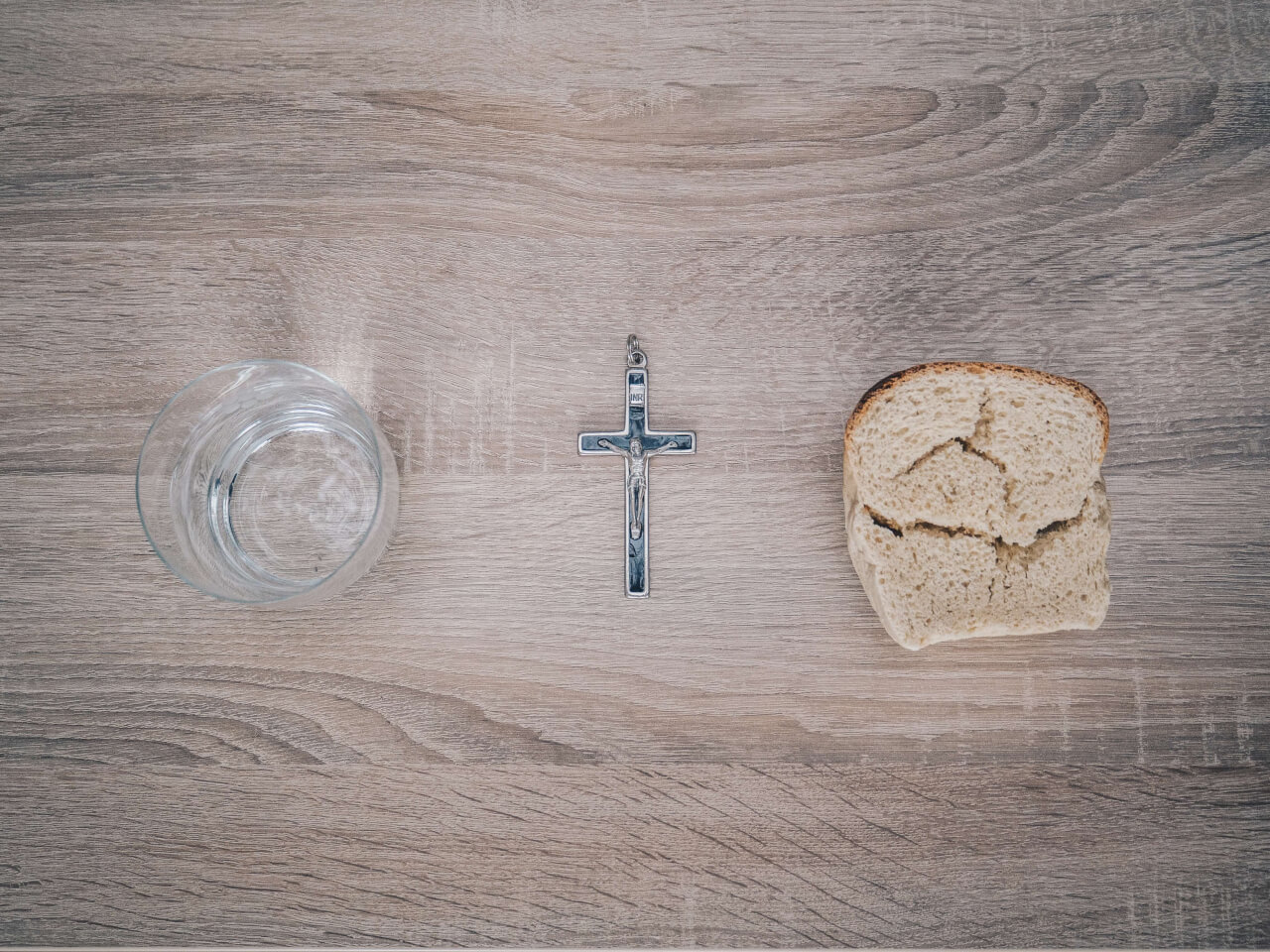Blog Category: Fasting (2 posts)
Is fasting an expectation for Christians?
Luke J. Wilson | 29th February 2020 |
General Articles
The season of Lent is here once again which of course brings up the topic of fasting, since the tradition of Lent comes from following Jesus’ example of his time in the wilderness (Luke 4:1–2). I wasn’t planning on writing anything specific this year like I have previous in previous years, but I felt inspired today at church from one of Gospel readings:
Matthew 9:14–15
Then the disciples of John came to him, saying, “Why do we and the Pharisees fast often, but your disciples do not fast?” And Jesus said to them, “The wedding guests cannot mourn as long as the bridegroom is with them, can they? The days will come when the bridegroom is taken away from them, and then they will fast.”
Often times when the topic of fasting, or Lent, comes up, people are quick to defend their inaction towards self-denial by claiming that, “Jesus didn’t command us to fast!”.
Let’s take a look at that claim for a moment. There may be no chapter and verse you can point to where Jesus says, “Thou shalt fast” — but it was certainly implied in a couple of places when Jesus spoke on the topic, the verse from Matthew above being one of those times, when he finishes off by saying: “and then they will fast” after the “bridegroom” (ie. Jesus) is taken away (death and ascension into heaven).
The other time Jesus talks about fasting is a little earlier on in Matthew’s Gospel, in chapter six:
Matthew 6:16–18
And whenever you fast, do not look dismal, like the hypocrites, for they disfigure their faces so as to show others that they are fasting. Truly I tell you, they have received their reward. But when you fast, put oil on your head and wash your face, so that your fasting may be seen not by others but by your Father who is in secret; and your Father who sees in secret will reward you.
Here we can see that Jesus clearly speaks with the expectation that his followers will fast and even gives instructions and guidance on how to do so and how...
Fasting: A spiritual and physical discipline
Luke J. Wilson | 27th May 2019 |
Theology
The topic of fasting often comes up in online discussion groups that I'm a part of, more often in Protestant circles where the practice is more often sidelined in low churches. So let's take a look at the practice of fasting from a practical and historical view, as it seems to be a spiritual discipline which has been pushed aside in many churches today, with prayer, worship and bible reading taking more precedence in a Christian's life instead (not that those are bad things to do!).
Why fast?
There are many reasons to fast, and recent studies have shown a lot of health benefits that can be derived from fasting. But on the spiritual side of life, there are also many benefits, one of the main ones being self-control.
Fasting is participation in the Gospel. It is the ‘death’ of the flesh through denial, so that we can enjoy the resurrection of Christ in the spirit (Rom 8:13, Col 3:5).
It’s pure discipline and obedience (Jesus did say when not if – Matthew 6:16-18; Mark 2:20).
It’s putting to death the body – killing the flesh in order to live by the Spirit. (Gal 5:17)
It’s training you in self-control, discipline and willpower; growing and nurturing the fruit of the Spirit (Galatians 5:23; 2 Timothy 1:7; 1 Peter 4:7; 1 Peter 5:8).
For healing and deliverance of others (Mark 9:29; Matthew 17:21).
To prepare to hear from God via visions and revelation (Acts 10:30).
For preparation for Church leadership (Acts 13:2-3; Acts 14:23)
To not be ruled by your desires and cravings – impulse control (1 Corinthians 7:5).
To focus on God and not ourselves, in prayer and worship (Luke 2:36-38).
To be in control of your body and to make your desires subject to you, not vice versa (1 Corinthians 7:5).
For self-denial to overcome temptations and learn discipline (1 Peter 5:8).
For repentance.
For prayers for your enemies/persecutors and forgiveness.(For a more in-depth examination of early Christian thought on fasting and the reasons for doing so, see he...



